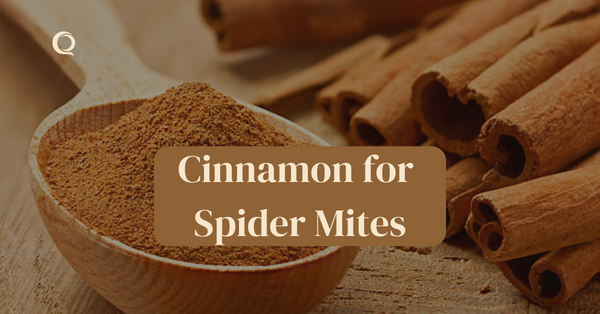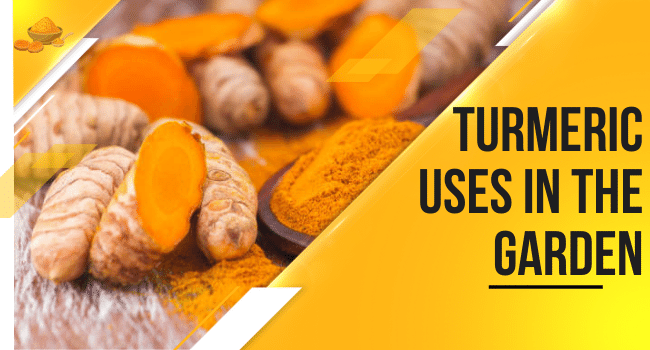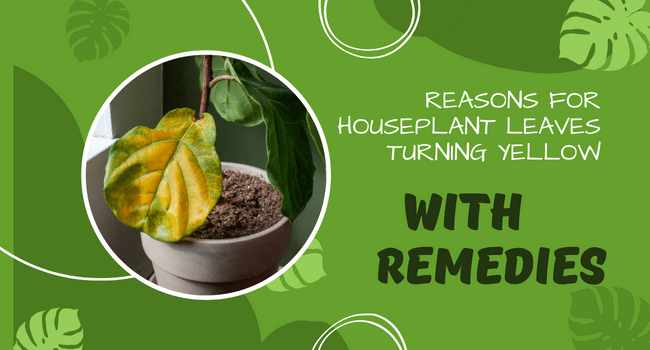Organic Sources of Potassium for Plants | Organic Potassium Sources
Raise potassium levels in the soil naturally with these organic potassium sources for plants. Potassium is a must-have nutrient for growing both vegetables and fruits.
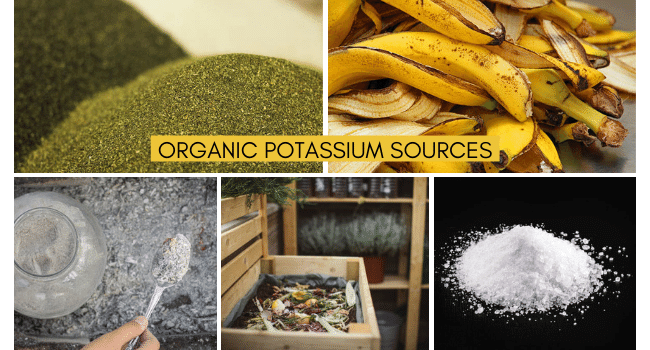
The need for potassium for plants can never be overstated as it’s an essential nutrient for plants. Almost all fertilizers contain potassium in situ with nitrogen and phosphorus, abbreviated as NPK ratio over the label. Stunted growth and other symptomatic issues are typical in plants with potassium deficiency. Organic sources of potassium will raise potassium levels in the soil and benefit the plant in the long run. So before resorting to chemical fertilizers, do give these organic potassium sources a try!
Wood ash
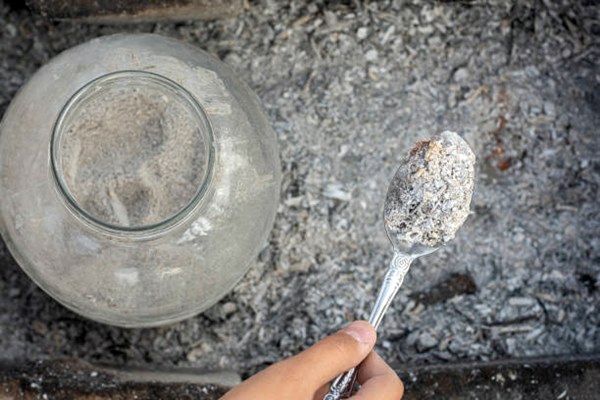
Wood ash is an excellent source of potassium for both fruits and vegetable gardens. Add it to your compost pile or lightly sprinkle it over the potting mix. Don’t overdo it, as wood ash contains lime that raises the soil pH!
Banana Peels
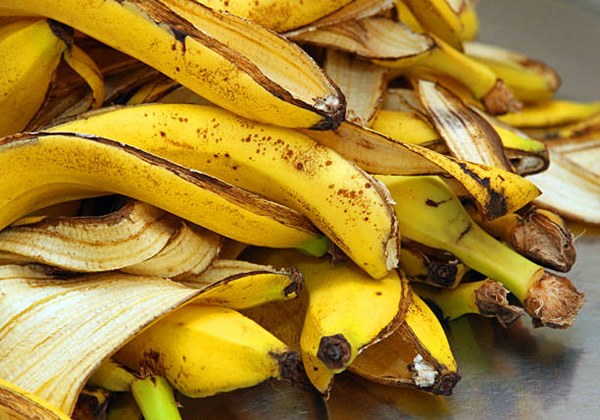
The next time you have a banana, instead of throwing away the peel, why not use it as a potassium source for soil. Banana peels are rich in potassium and contain small amounts of nitrogen, phosphorous, and magnesium. Cut banana peels into one-inch pieces or make a puree of banana peels and water and mix it in the potting mix. You can also add banana peels to the compost.
Compost
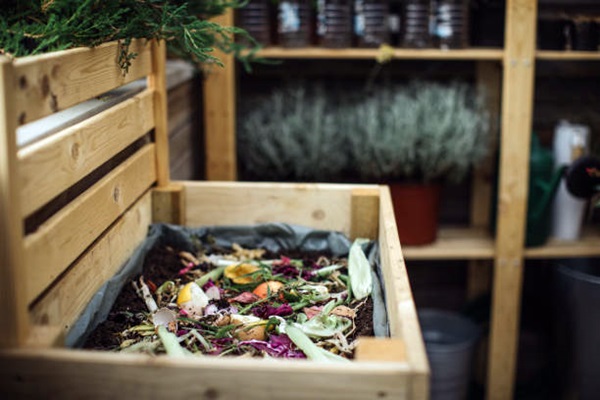
Composting is a natural and organic way to increase nutrient availability in the soil. Adding vegetable and fruit peels to the compost raises the potassium levels in the compost heap. As mentioned above, banana peels are an excellent source of potassium for compost.
Manure
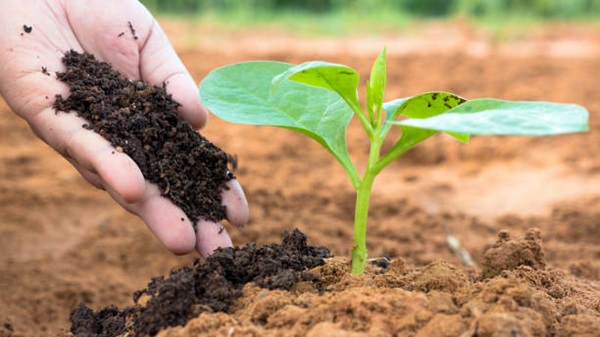
Aged manure is an organic source of potassium and other nutrients for the soil. The availability of manure will depend on the source of raw material and vary accordingly. The nutrients from manure will release slowly over some time.
Kelp Meal
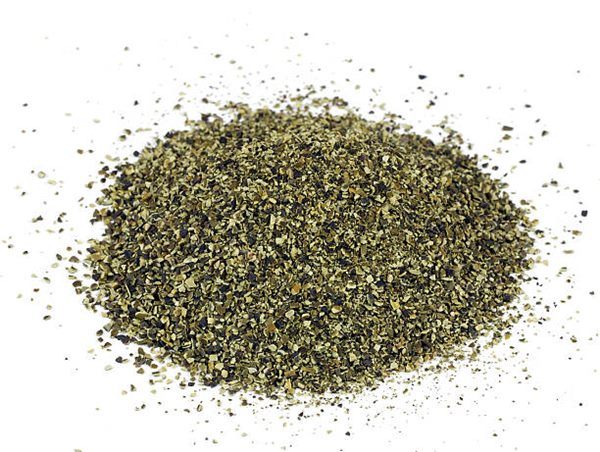
Made from ground-up ocean seaweed, the kelp meal is a suitable source of potassium and various other micronutrients. Kelp meal also contains growth hormones that regulate the growth of the plant. One to two tablespoons of kelp meal per gallon of soil is a suitable amount.
Potassium Sulphate
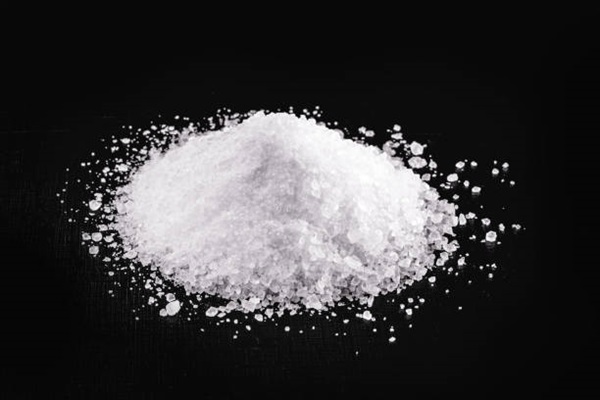
Also known as Sulphate of potash, potassium sulfate is obtained after mining and does not require more processing. It readily provides potassium to the soil and is highly water-soluble.
NOTE: Langbeinite (Sulfate of Potash-Magnesia) and Magnesia-Kainite are two other natural potash salts rich in potassium that you can use to raise potassium levels in the soil.
Greensand
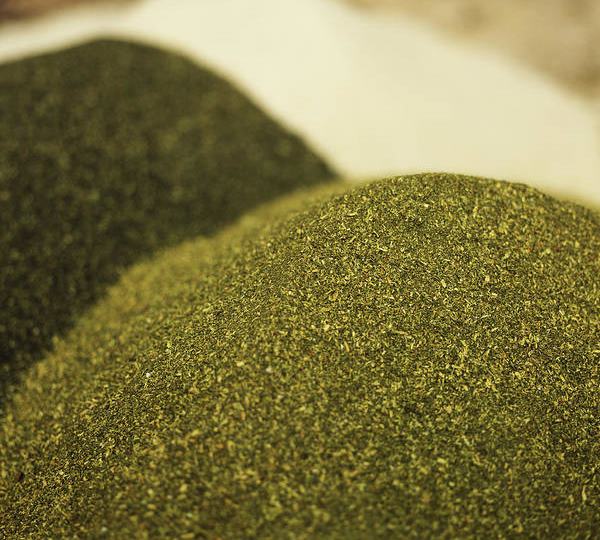
Greensand is a slow-release mineral fertilizer that’s a good source of potassium as well. Two tablespoons of Greensand per gallon of potting mix works well for houseplants. This natural fertilizer is non-toxic for pets and does not kill beneficial microorganisms and worms present in the soil.
Granite Dust
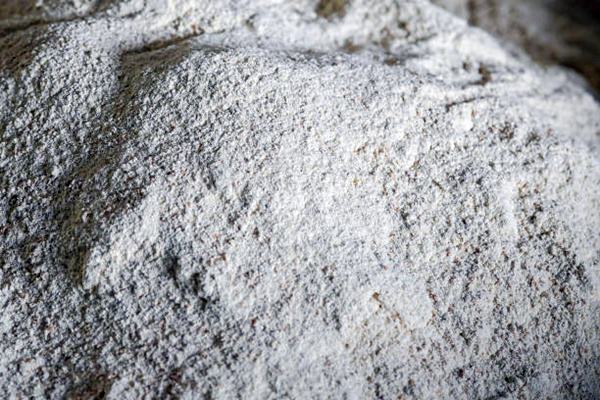
Granite dust is a good source of potassium, nitrogen, calcium, and other trace elements. It’s relatively cheap as it’s a waste by-product formed during the cutting and polishing process. Check out this researchgate article for more details on this valued by-product.
